Addiction coach
ADDICTIONS ARE IN DIFFERENT SHAPES, SIZES AND GRADATIONS
There are many reasons why you may feel the need to consult an addiction coach. Perhaps you notice that you are forming unhealthy habits or dependencies because your circumstances have become more demanding. Maybe you have previously overcome an addiction but now feel yourself slipping back into old habits as your life causes you stress. Telling yourself ‘I want to quit now’ isn’t working, and you fear a relapse. It does not mean you are weak if you cannot get through it alone: it is completely normal. It is vital that you seek help rather than trying to go it alone, or expecting your friends and family to take on the burden. Of course they will want to support you, but it is unreasonable to expect them to do what is actually the job of a coach or sponsor. It can even be dangerous because they most likely do not have the knowledge to help you in the ways that are required. Another common reason to seek this sort of advice may not be related to your own habits, but rather because you are worried about someone close to you. Addiction is complicated and can cause great pain and suffering to those surrounding the victim. Sometimes even with the best of intentions, many of us are not actually equipped to assist adequately, and in fact, attempts to help may inadvertently hinder or worsen the issue. It is important to seek assistance from a professional, and remember that you are not responsible for shouldering the burden of helping an addict, nor must you be their sole confidant. You must look out for yourself too, and sometimes the best, most loving thing you can do for an addict is to gently step back and direct them to an appropriate professional. During my twelve years as an individual and group coach at Mentrum Hospital, I have spent almost every day helping young adults who struggle with numerous addictions, sometimes multiple affecting an individual. Addictions come in all shapes and sizes, and affect everyone differently to various degrees. There are those which are more socially accepted, such as cigarettes and social media, and those which are more severe, such as hard drugs, alcohol and sex. Sometimes there are also financial implications; for example with addictions to gambling and shopping, and addictions that have serious physical consequences; becoming addicted to exercise and/or being obsessively restrictive with eating, or conversely, developing a food addiction. Modern life is incredibly challenging and overwhelming, for a multitude of reasons, with which I am sure you are all too familiar. It is all too common and tempting to seek to numb oneself in order to escape our obligations and our reality. Maybe this starts quite innocently with casual, occasional drug use; we tell ourselves it is not an addiction, that we are managing it; we don’t do it every day, we only do it with friends, we microdose, it’s a choice rather than a necessity; we convince ourselves of all this and insist that we have it under control. But far too often, this inevitably gets out of hand and before you know it, you have become dependent and are building up an ever-increasing tolerance.
Many people describe themselves as ‘functional drug users’, but the more accurate phrase is ‘functional addict’. Perhaps in the beginning you only use drugs at the weekend, but as time passes it becomes more and more frequent. Your brain finds ways to justify it; you had a long day, a fight with your partner, you finished a big project…there are endless reasons you can find to explain away and legitimise the fact that you have lost control and no longer have any structure to your drug use. It is ironic that we feel compelled to use drugs as a coping mechanism when we feel we have no control over our lives, when drugs themselves will only cause us to lose even more control as we fall down the rabbit hole. Sometimes it is not drugs that we turn to but instead sex. Addiction to pornography is increasing in the Netherlands and in Europe there has unfortunately been quite little research on this. In the United States on the other hand there has been significant research and it is officially recognised and treated as an addiction. This can be detrimental to the health of a person’s sexuality; it becomes more and more difficult to feel turned on – much like drugs, a tolerance builds up and more is needed to satisfy – and we begin to require increasingly extreme sexual scenarios in order to find our sexual arousal during masturbation or when with a partner. Where someone once had no interest in violent or degrading sexual encounters, suddenly they find it is the only thing that allows them to feel anything. This compels them to pursue darker and riskier types of sex, no longer just in porn but in real life, too; and this results in serious impact on themselves – not to mention their partners, who may find it too extreme and end up getting hurt. These kinds of addictions can even go so far as to cost people their relationships and children. Semi-related to this, especially among young people, are things like internet slut-shaming and making nude selfies, the long term consequences of which are not always considered. More seriously then of course are aforementioned physical extensions of this issue, such as addiction to masturbation and to sex itself.
As an expert by experience, I can help us together to shed light on your addiction, determine its severity and forge a path towards a solution. The art of addiction coaching is to focus on prevention and identify the root cause of the compulsion, before the addiction becomes unmanageable. But of course, this is not to say that you cannot be helped if you do find yourself in a situation where it has already spiralled out of control. Help and change is always, always possible – but it cannot begin until you are ready to seek it.




